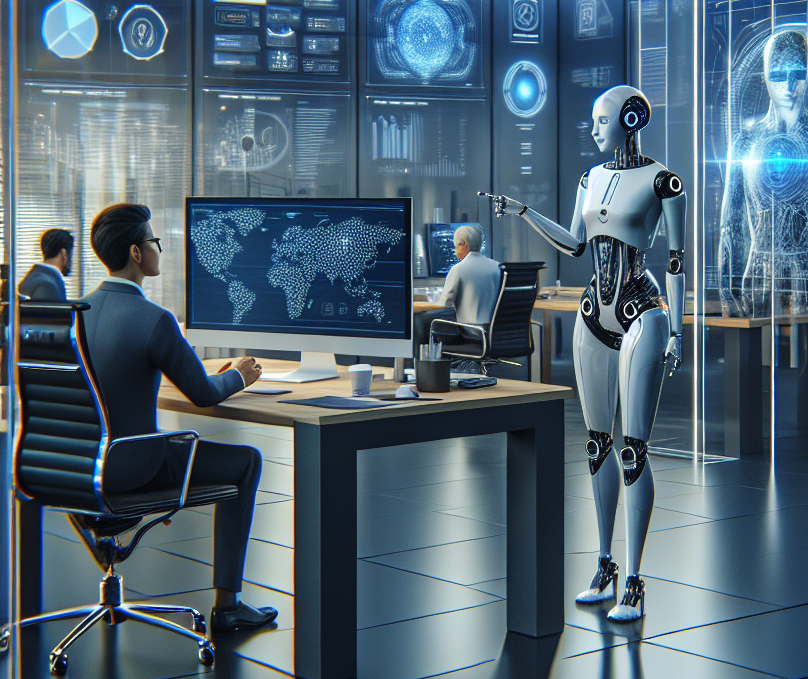The Impact of AI on Job Markets: What You Should Know

Introduction
Artificial Intelligence (AI) has been a game-changer across various industries, reshaping how we work and live. With 2024 bringing even more advancements, it's crucial to understand how AI impacts job markets and what this means for the future of work.
The Current Landscape
AI is not a new phenomenon, but its rapid development and integration into business processes have accelerated in recent years. As of 2024, AI technologies have become more sophisticated, enhancing productivity and efficiency across sectors. According to Forbes, AI is expected to influence job markets significantly, creating new opportunities while displacing certain roles.
Job Creation vs. Job Displacement
One of AI's most debated impacts is its dual role in job creation and displacement. While AI automates repetitive tasks, eliminating some jobs, it also creates new roles that require advanced technical skills. The IMF notes that AI will transform the global economy, emphasizing the need to ensure these changes benefit humanity by fostering inclusive growth and job creation.
Industries Most Affected
- Manufacturing: Automation and robotics continue to replace manual labor, leading to significant shifts in the workforce.
- Healthcare: AI enhances diagnostics, treatment plans, and patient care, increasing demand for tech-savvy healthcare professionals.
- Finance: Algorithmic trading and fraud detection are just a few areas where AI is making a substantial impact, requiring new skill sets.
- Customer Service: Chatbots and virtual assistants are reshaping customer interactions, reducing the need for human operators.
Skills in Demand
As AI evolves, so does the demand for skills. The Annual AI Jobs Salary Report (2024) highlights several key skills:
- Data Analysis: Proficiency in interpreting complex data to drive business decisions.
- Machine Learning: Expertise in building and optimizing algorithms.
- Cybersecurity: Protecting AI systems from cyber threats.
- AI Ethics: Ensuring responsible and ethical AI deployment.
Preparing for the Future
To thrive in an AI-driven job market, individuals and organizations must adapt. Continuous learning and reskilling are essential. Exploding Topics suggests that staying updated with the latest AI trends and acquiring relevant certifications can boost employability.
Conclusion
The impact of AI on job markets is profound and multifaceted. While it presents challenges, it also offers numerous opportunities for growth and innovation. By embracing change and focusing on skill development, we can navigate this transformation and ensure a prosperous future.
Further Reading
For more insights, you can explore the following resources:
Stay informed and prepared as we continue to witness the evolving landscape of AI and its effects on job markets.
